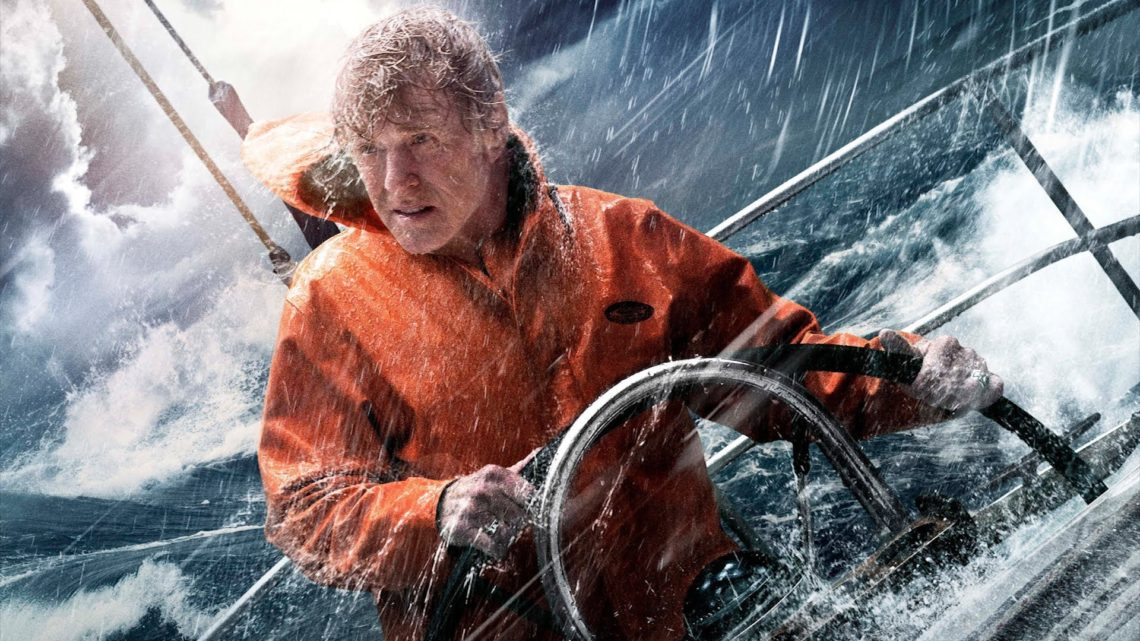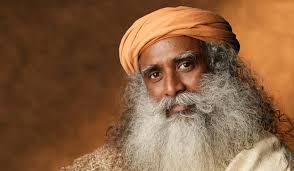
“How can I be lost, when I’ve got nowhere to go?
My path towards Buddhism has been gradual. I’ve dabbled in yoga and the idea of ‘mindfulness’ over the years without really understanding either. I’ve had at least two brief, but powerful, experiences with anxiety and one personal situation that caused me to question everything I thought I knew. These occurrences led me towards a path of increased self-examination and exploration into the roots of human suffering.

I stumbled across Sahdguru and the Isha Foundation on youtube, which led me to take a course called Inner Engineering. This was the first time I truly understood that all happiness and joy are all available and already present within oneself, and cannot be sought externally. It also taught me that much of our experience of suffering is self-generated and rooted in wishing for life to be different than it is.
“Search for seas of gold. How come it’s got so cold?”
Around this same time, I started reading articles and books by Thich Nhat Hanh, Leo Babauta, Kusala Bhikshu, Timber Hawkeye and others. Like Sahdguru, I found the ideas presented in their teachings to be quite profound yet simple to understand. The more I read, the more these concepts resonated with me.
I soon found myself devouring podcasts and newsletters on the subject. In particular, ‘Secular Buddhism’ by Noah Rasheta, provided me with a working knowledge and basic outline of Buddhism including the 4 Noble Truths, inter-dependance, impermanence and The Eightfold Path.
I was attracted to these secular Buddhist teachings because it’s accessible as a ‘way of being’ as opposed to a set of doctrines to follow. Buddhism is most certainly one of the world’s major religions, but different in that it’s a nontheistic tradition. It doesn’t espouse a belief in a supreme creator or God as the source of existence. It doesn’t require you to have ‘faith’ or experience guilt at our imperfections and shortcomings. It takes a pragmatic, almost clinical approach to tackling the experiences immediately at hand. Rather than focusing on existential questions, Buddhism urges us to look inward.
“These days drift on inside a fog, it’s thick and suffocating.
This seeking life outside it’s hell, inside intoxicating.”

In our daily lives we’re continually making meaning and telling ourselves stories about everything that happens. As a thought arises, we attach meaning to it, which evokes an emotion which we in turn create another story about. Before we know it, we aren’t paying any attention to our moment to moment experienced reality at all.
“How can I be lost? In remembrance I relive.
And how can I blame you, when it’s me I can’t forgive?
We become trapped in a world of habitual reactivity, centered around our thoughts and the stories we create about them. We find ourselves hopelessly living in the past, thinking about things that happened ‘to us’ or looking forward to what ‘might happen’ down the road. Additionally, modern life supplements this thought pattern with numerous activities designed to keep us from experiencing life the way it actually is. TV, social media, alcohol, drugs, food and unhealthy relationships are just a few examples of ways we intentionally distract ourselves from the increasingly foreign concept of simply being.
Buddhism has fundamentally changed the way I see and experience the world. I’ve developed a greater sense of empathy and compassion for others, and a sense of connectedness with everything around me. I am far more aware of the temporary nature of everything, from my own mortality, to the emotions, thoughts and feelings that arise in me each moment. I am grateful.

